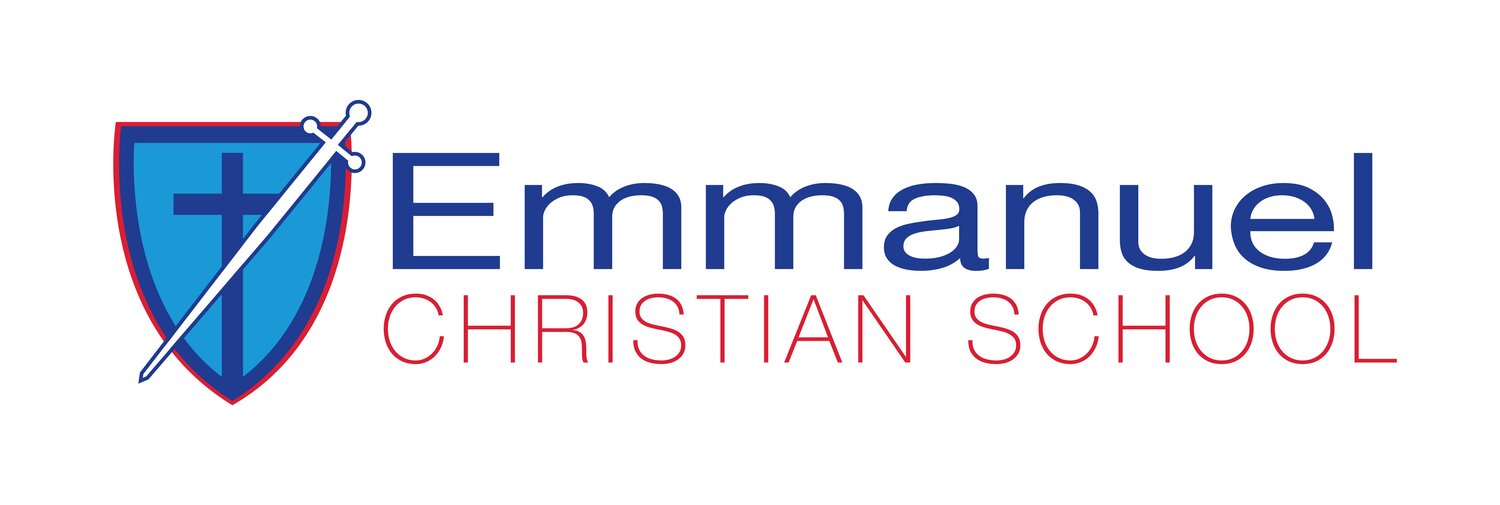It was during the 11th century in Japan that the first novel was believed to be penned by Murasaki Shikibu. Fast forward to today, and the joy of reading has continued from early childhood to elderly age groups. Although we know that reading poses many benefits for infants and young children especially, do we really understand just how good picking up a good story is?
As a mother of a two-year-old, we have many books that are on a regular rotation in our household. It is not an uncommon occurrence to take a peek into our daughters’ bedroom to see her flicking through the pages of some of her favourite books and saying the words and phrases that we had previously read together. As an educator, I know the benefits of reading to her from an early age and my husband and I have both enjoyed the moments of quietly reading together with her. As explained in an article on the Raising Children website, the benefits of reading with your children include:
Helping your child get to know sounds, words and language, and develop early literacy skills, helping them to learn to value books and stories, sparking your child’s imagination and stimulate curiosity and also helping develop your child’s brain, ability to focus, concentration, social skills and communication skills.
“It can be quite easy to lose track of the benefits of not only reading with our children, but also to our children.”
With an increasingly strong pull toward electronic books, it can be quite easy to lose track of the benefits of not only reading with our children, but also to our children. I recently read an article that spoke about a parent’s passion to engage her adolescent children in reading. She explained that it seemed her children had lost interest in reading around the age of fourteen and was becoming increasingly difficult to ignite their passion again with the constant distractions of social media and gaming. She mentioned how she would sit around the dinner table with them and discuss an article that she had read in the newspaper. This would then lead to sparking their interests, with her deliberately choosing a topic from the paper that her children were interested in. The literary discussions that would take place encouraged her children to develop their knowledge around current events and enabled her to even read aloud the articles to her children to further spark their engagement. By opening the door to these types of discussions, it then led to opportunities and interest from her children to read a book together as a family.
With the knowledge of the impact that reading has on young people, it is also important to remember that the benefits of reading do not stop when we finish school.
A recent study was completed using MRI scans of the brain, confirming that reading involves a complex network or circuits and signals in the brain. As these connections mature, those networks also become stronger and more sophisticated. (Healthline, 2021)
In one study conducted in 2013, researchers used functional MRI scans to measure the effect of reading a novel on the brain. Study participants read the novel “Pompeii” over a period of 9 days. As tension built in the story, more and more areas of the brain lit up with activity. Brain scans showed that throughout the reading period and for days afterward, brain connectivity increased, especially in the somatosensory cortex, the part of the brain that responds to physical sensations like movement and pain. (Healthline, 2021)
After mentioning all the benefits surrounding reading, when was the last time you decided to pick up a good book or even read the paper for 10 minutes? Maybe today is a great day to rekindle the passion you once had for reading and maybe encourage those around you to do the same!
Laura Ferguson — Head of Teaching & Learning

